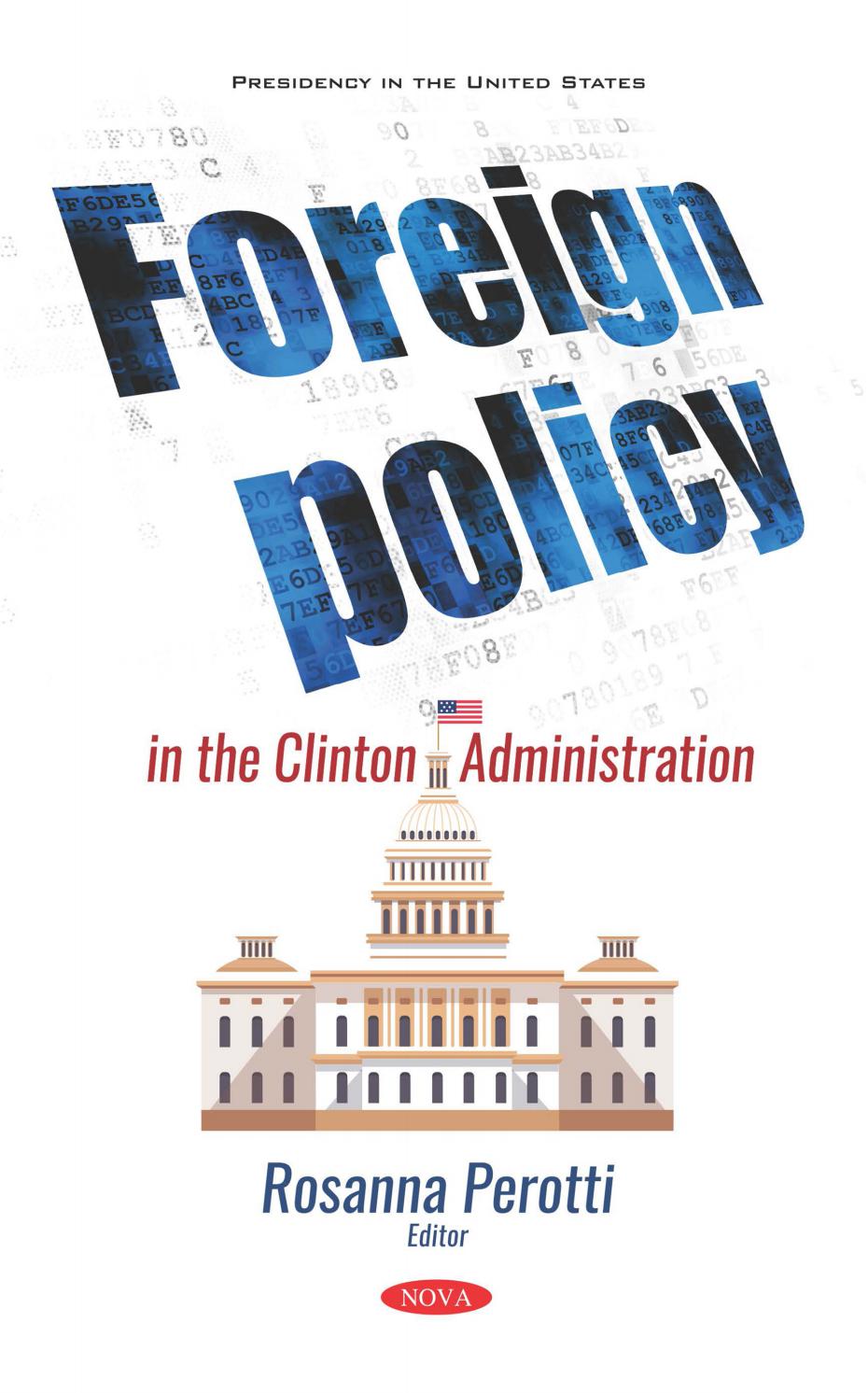Q.4 The manner in which a nation’s ideology dominates its foreign policy is constantly in confusion. Explore the relationship between capitalist democracy and foreign policy of United States of America. 2017

The relationship between capitalist democracy and the foreign policy of the United States has been a subject of debate and confusion for many years. On the one hand, capitalist democracy is seen as an ideology that values individual freedom, free markets, and democracy, while on the other hand, US foreign policy has often been accused of being focused on the pursuit of American economic and political interests. However, there are certain ways in which the US’s capitalist democracy ideology does dominate its foreign policy.
Firstly, the US has consistently sought to promote and defend democratic values around the world. This has been evident in its support for democratic movements in countries like South Korea, Taiwan, and the Philippines. The US has also played a key role in the democratization of several countries in Eastern Europe and Latin America.
Secondly, the US has often promoted free-market capitalism as a means to promote economic growth and development. This has been reflected in its foreign policy through its support for free trade agreements, the promotion of economic liberalization policies, and the provision of economic aid to developing countries.
However, there are also ways in which US foreign policy has been criticized for being inconsistent with the values of capitalist democracy. For example, the US has been accused of supporting authoritarian regimes in countries like Saudi Arabia and Egypt, which has been seen as contradictory to its stated values of promoting democracy and freedom.
Moreover, US foreign policy has often been driven by strategic and economic interests, which has led to accusations of hypocrisy and double standards. For example, the US has been criticized for supporting military coups in countries like Chile and Guatemala, while simultaneously condemning similar actions in other parts of the world.
In conclusion, the relationship between capitalist democracy and US foreign policy is complex and often in a state of confusion. While the US has consistently promoted democratic values and free-market capitalism, its foreign policy has also been criticized for being driven by strategic and economic interests, and for supporting authoritarian regimes.